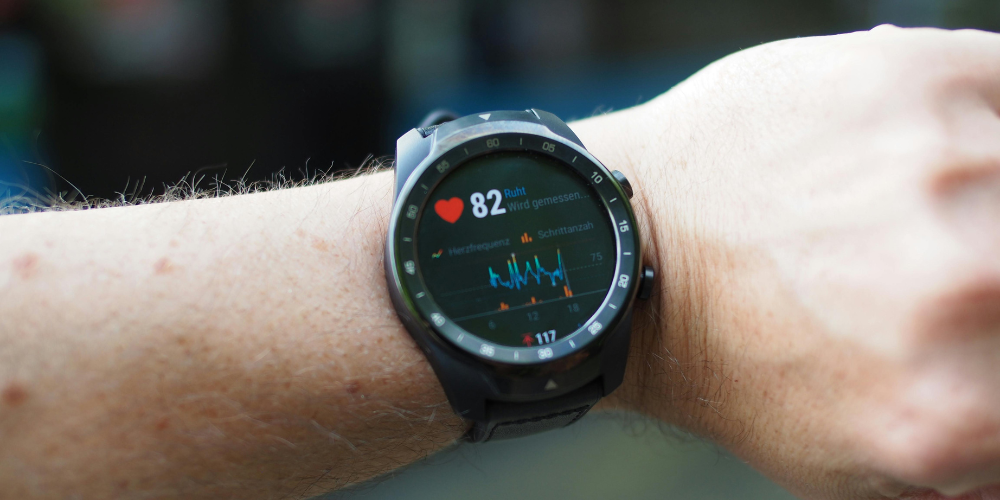Sleep is for the weak, this is oftentimes what we instill in our minds whenever we compromise our dosing off with meeting the deadlines, partying, or just binge-watching our favorite series. However, as much as we deny it, we know that our body and mind need sleep – it is a necessity and its importance will not vary on your social status.
You can practically read everywhere on the internet the do’s and don’ts when it comes to this underestimated activity, but best be careful in trusting everything you read because some of the information proved to be more harmful than helpful to our health.
While most of us would rely on the internet for answers to everything including health concerns, we should really be careful as a recent study conducted by researchers from the New York University Langone Health’s School of Medicine showed that the wrongly spread information about sleep could render dangerous to our health.
We all know the meaning of digesting fallacy, we can share it easily to friends and other family members (starting with the words “I read from somewhere that ….”), which means more lives are in harm’s way.
Thankfully, the researchers, led by author Rebecca Robbins, painstakingly scoured the internet and examined 8,000 websites and put together the list of our beliefs on sleeping. Then, a team of sleep experts analyzed and chose which ones were helpful and those that are myths. Here are some of them:
Snoring Is Harmless

Healthline | Snoring may be a sign of a sleep disorder called sleep apnea
There are hordes of websites that say snoring is not an indicator of any underlying health issue but the opposite is the truth. According to the National Heart, Lung and Blood Institute, the annoying, noisy breathing during sleep may be a sign of a disorder called sleep apnea that can increase your risk of developing high blood pressure, glaucoma, kidney disease, and heart attacks, among many others. Furthermore, Robbins pointed out that this prevents you from obtaining quality sleep because you constantly wake up.
The Time of the Day and Where You Sleep Doesn’t Matter

iNatural | Falling asleep anywhere and anytime is an indication you’re your body didn’t get enough shut-eye
The group again debunked the common thinking that whenever and wherever you sleep is not important, so long as you get a shut-eye. Study investigator Girardin Jean-Louis said this messes up with the circadian rhythm, which usually results in poor digestion, chaotic hormone release, and unideal sleeping cycles. When your biological clock is not in sync with the world, you will feel groggy and mentally foggy at times you need to show your best.
The thought that sleeping anywhere, like the train ride, will make us feel more energized is just a common misconception, the sleep experts explained. Robbins said it is simply a sign that your body is so tired that you can literally fall asleep anytime and anywhere, which is a result of the release of adenosine.
This chemical, which makes you feel sleepy, gets released in the day as it reaches night, so when you stay awake for long periods of time, the adenosine levels increase, which results to sleep debt.
Your Body Can Adapt to Less Sleep Hours

The Sleep Doctor | Our bodies go through four stages of sleep for a full restoration, so if you get less than the ideal amount of sleep, you’ll feel tired and sleepy
It makes sense, right? If you have been sleeping for less than eight hours all the time then your body will get used to it and will learn to function well – a big no, the experts answered.
Why you need adequate sleep, seven to 10 hours, is because you have four stages of sleep that need completion several times in order for your body to fully restore itself. The first stage is light sleeping, then stage two is when you disengage from the environment.
Stage three involves the REM, or rapid eye movement, the time when you dream, on average about 90 minutes after you fell asleep. During this phase, your body can’t move. The last stage is called deep sleep, when the growth hormone is released.








